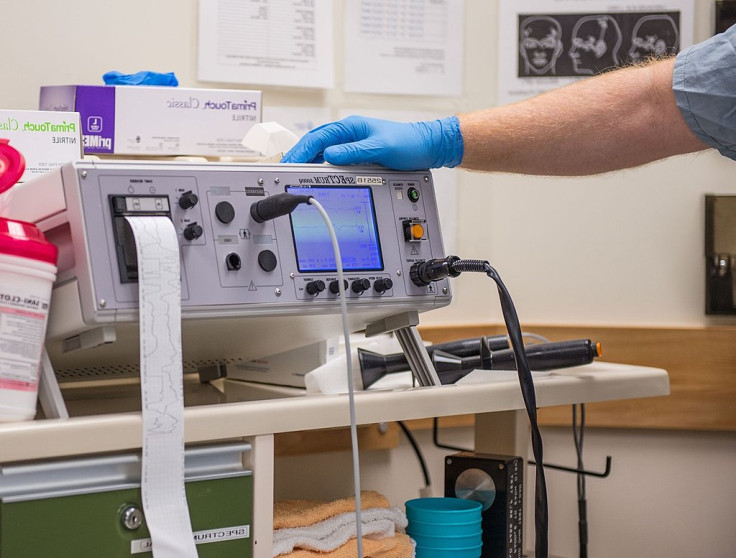Electric shock therapy given 'dispropotionately' to thousands of women in England
The treatement has long been at the centre of controversy due to its possible side effects.
The electroconvulsive therapy (ECT), or electric shock treatment, is being prescribed disproportionately to thousands of women in England, a report has revealed.
The ECT is used as a treatment for mental health issues such as severe depression, long-lasting mania, and catatonia. However, there has always been concerns that it can cause irreversible damage to the brain.
According to a report in The Independent, women constitute two-thirds of patients receiving the treatment. The statistics obtained by Dr. John Read, a professor at the University of East London, reveal that ECT was given to women twice as often as men across 20 NHS trusts in the UK.
The trusts also revealed that in 36 percent of cases, the patients were prescribed ECT without their consent, per data from 2019. Dr. Read and his team found that ECT is given to around 2,500 patients every year in England.
"A major adverse effect is memory loss. Studies find between 12 and 55 per cent of people get long-lasting or permanent brain damage, which results in memory loss," added Dr. Read.
The National Institute for Health and Care Excellence (Nice) guidelines recommend ECT for acute treatment of severe depression that is life-threatening and only when other treatments have failed.
A 2017 study also revealed that between 2011 and 2015, on average, two-thirds of recipients of ECT were women, and 56% were people aged over 60. Dr. Read had said then that "this is remarkably consistent over a long period of time and in almost every country where it has been studied."
A 2020 study also warned that the use of electroconvulsive therapy (ECT) to treat depression should be immediately suspended. The study, published in the journal Ethical Human Psychology and Psychiatry, said that "the high risk of permanent memory loss and the small mortality risk means that its use should be immediately suspended."























